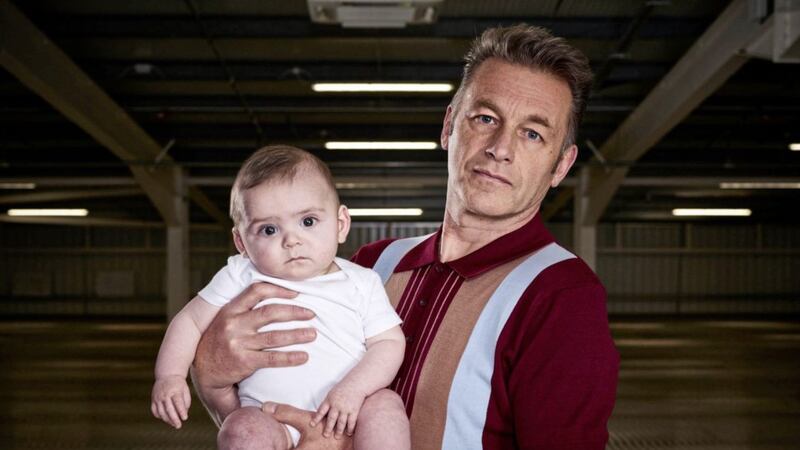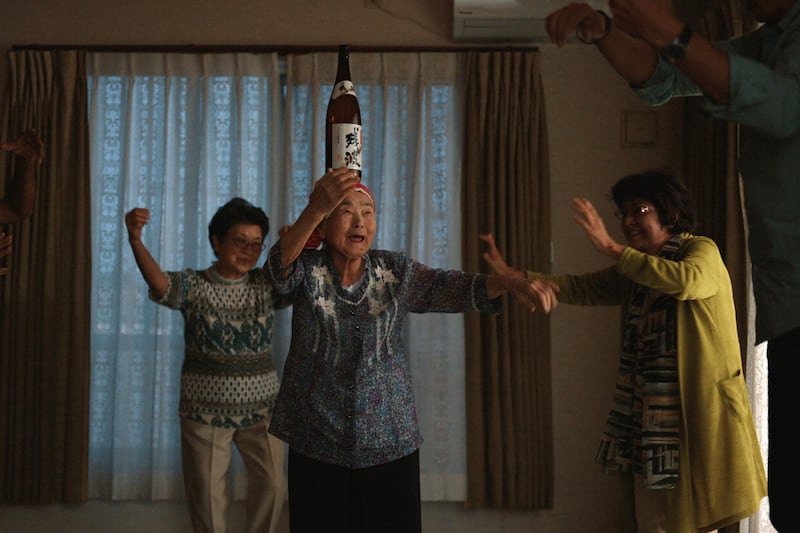Chris Packham: 7.7 Billion People and Counting, BBC 2, Tuesday at 9pm
The world’s population is growing dramatically and we need to do something about it.
That’s the thesis of Chris Packham, who made an emotional case that the planet cannot support the 10 billion of us projected by the UN to be living on this rock in 2050.
The “terrifying” nature of this “catastrophe” appeared almost too much for the environmentalist at times as he visited some of the world’s megacities and gazed in disgust at its steel, concrete and mass of humanity.
While some of his hand-drawn graphs looked out of scale, there is indeed a problem.
The world’s population reached 1 billion in 1800 during the industrial revolution, but was still only 3 billion in 1970. It’s now estimated to be 7.7 billion and rising.
The maths on this are straightforward - more babies are being born than old people are dying.
However, humans have an interesting quirk when it comes to procreation.
Unlike any other species, humans have fewer offspring the richer they get.
For any other animal an abundance of food, housing and heat would mean more babies, but for humans it is the opposite.
When we get comfortable we don’t want additional children affecting our lifestyle. When we are poor, perhaps because of an absence of birth control or because we fear that our children will not survive, humans have more babies.
This can be seen in the declining birth rates of Europe where it is below the replacement level of 2.1 per woman.
Meanwhile in Africa, where although birth rates have been falling, it remains at 4 births per woman.
And there is an additional problem if you want to reduce the numbers on the planet. Richer societies may have a lower birth rate but they also have better diets, care and medical attention which mean people live longer.
Therefore, the concern is that societies end up with a lopsided population, where the proportion of old to young means that the economically active struggle to pay for the vast numbers of elderly and their complex health needs.
Packham visited Sao Paulo in Brazil and Lagos in Nigeria as examples of cities with exponential growth.
Lagos had a population of 1.4 million in 1970. No one knows the true number of people in the city now, but it is estimated at 20 million.
Packham took us to Lagos Lagoon, on the edge of the city, where a local teacher estimated that 2 million people were living in shacks built over the water.
It was the most extraordinary example of human ingenuity, resilience, adaptability and, unfortunately, poverty.
Packham couldn’t see any way out of the world population “doom”.
He reflected on the disasters of China’s ‘one child policy’ of the 1980s and India’s forced sterilisation programme of the mid 1970s.
He didn’t mention Meghan and Harry's promise not to have more than two children, but did say that his own decision not to have children was in part because of a “fear for the child’s future.”
It was a dark message of “destruction,'' his own “colossal personal failure” and a partial rejection of the wonder of humans compared to plants and animals.
“Everything seems to be beautiful but us.”
Packham had a point but if the conservationists and environmentalists are to convince the growing population that radical action is required to save our planet then the message is going to need to get more positive and provide some workable solutions.
Otherwise it’s time to start getting used to reduced personal space and a holiday home on the moon.









